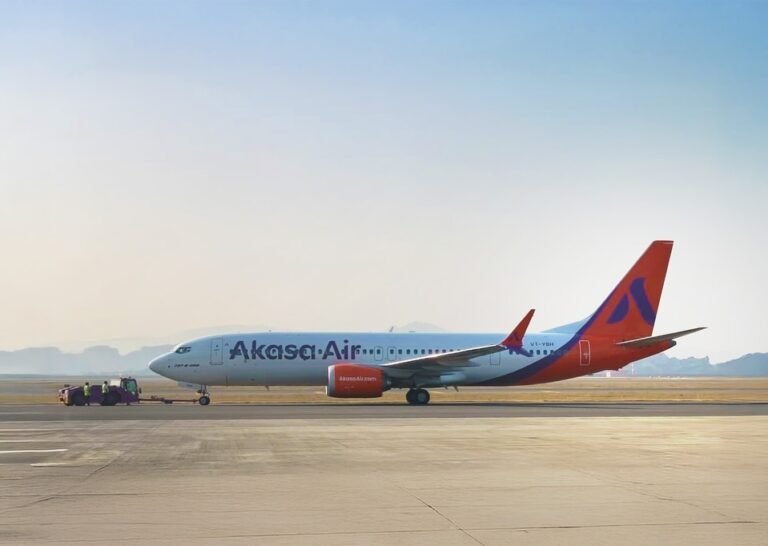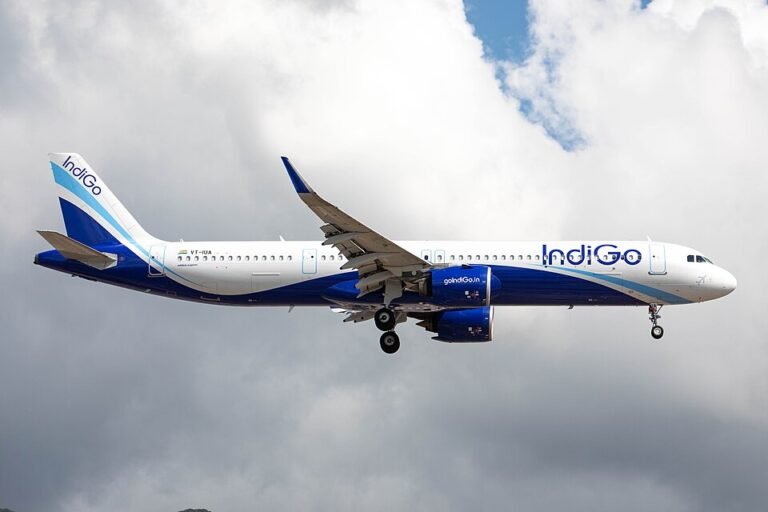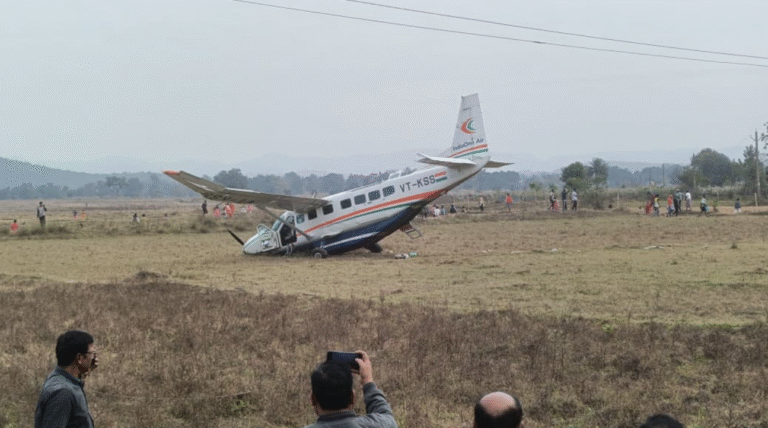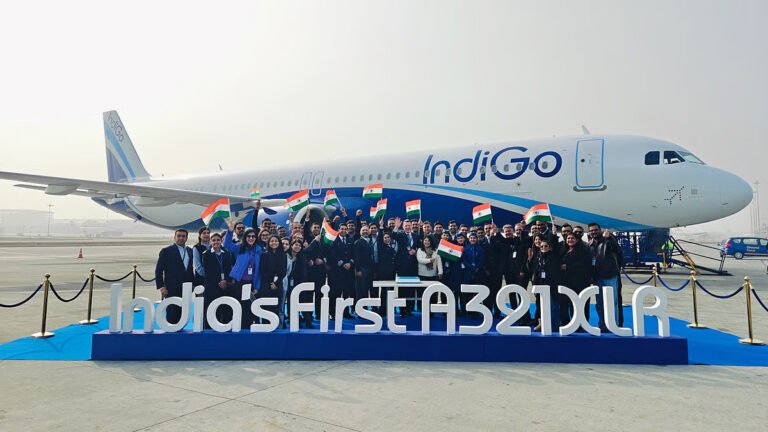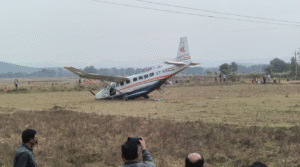On Monday, Civil Aviation Minister K Rammohan Naidu underscored the importance of developing aviation psychology and implementing effective stress and fatigue management systems to ensure the safety of aircraft operations.
Speaking at a national seminar on Human Factors in Aircraft Accidents, organized by the Aircraft Accident Investigation Bureau (AAIB) in New Delhi, the minister emphasized that ensuring safety in aviation is a shared responsibility. He pointed out that human factors continue to play a significant role in many aircraft accidents.
With India’s aviation sector growing rapidly, Naidu called for safety measures to evolve at the same pace. He stressed the need for continuous skilling and upskilling of aviation professionals to keep up with these changes.
Highlighting the lack of formal training in aviation psychology, Naidu urged for the integration of advanced psychological elements into existing training programs. This, he said, is crucial for managing stress and fatigue, particularly for pilots, where the impact on flight safety can be significant.
India, now one of the fastest-growing civil aviation markets globally, has more than 1,200 aircraft on order. As the country’s airline industry prepares for this massive influx of planes, the minister also emphasized the need for personnel in aircraft maintenance to enhance their technical and cognitive skills to manage this growth efficiently.
Naidu’s call for action reflects the pressing need to strengthen both human and operational factors within India’s booming aviation industry.


